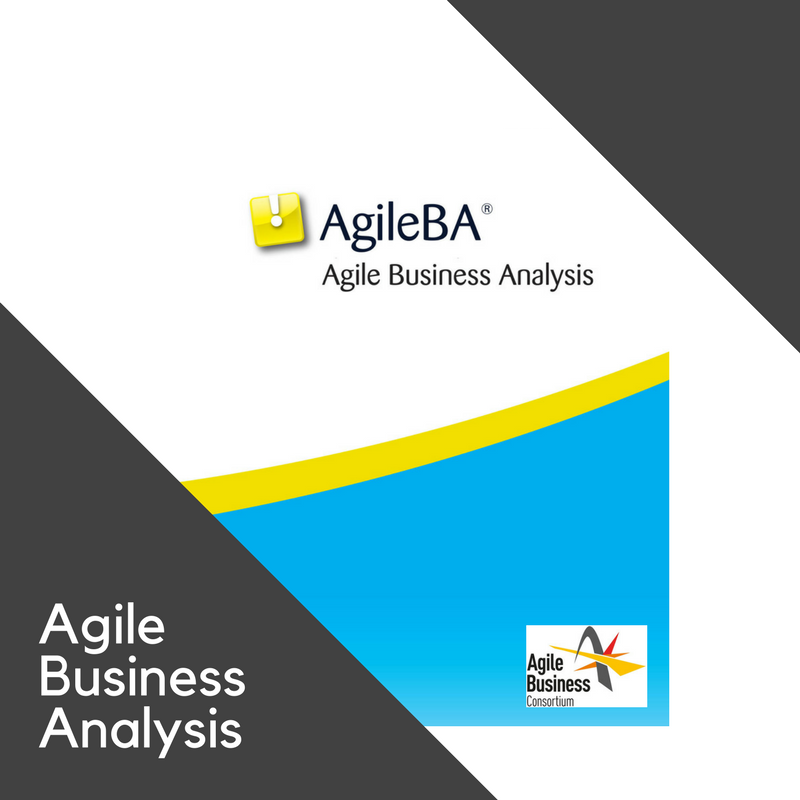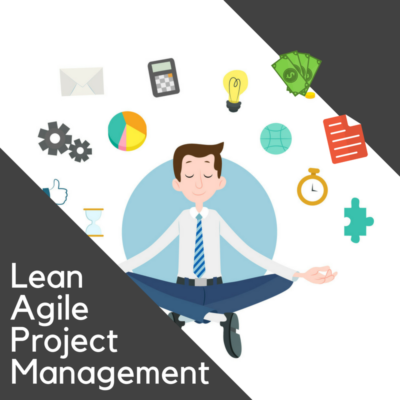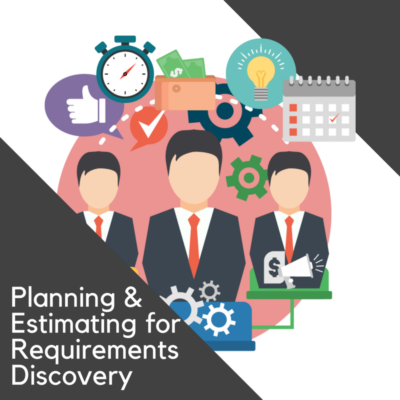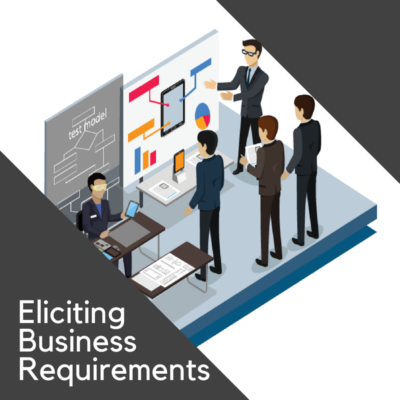Description
Become a certified AgileBA®
This is the full combined certification 4-day course for both the AgileBA® Foundation and Practitioner certifications taught by an accredited instructor. The AgileBA certifications are accredited by the APMG, and created in conjunction with the Agile Business Consortium. AgileBA is the world’s first and only independent practitioner certification in Agile Business Analysis.This four day course will prepare candidates to take the APMG AgileBA Foundations and Practitioner certification exams.
In this class we will cover the role, responsibilities, tools and techniques of an Agile Business Analyst — based on the Agile Business Consortium’s Agile Business Analyst (AgileBA) certification and the Agile Project Framework.
This course goes beyond the basic concepts of Agile and SCRUM and provides BAs with skills, techniques and an understanding of the role they can play in an agile environment.
This course will clarify many of the uncertainties of the role of the Business Analyst in an agile world and outline the different ways of working with an agile team during the phases and iterations of an agile project.
This program covers both the content of the AgileBA syllabus in the AgileBA Handbook, as well as exam preparation, tips and practice in a four-day class. Optionally, candidates may choose to take this in three separate courses:
- The Agile Project Framework (1-day)
- Lean-Agile Business Analysis (2-days) (A practical course that includes AgileBA concepts as well as other frameworks)
- AgileBA Foundation/Practitioner Cert Prep (1 day) (A course focused on exam preparation and practice)
Participants who complete this course will be prepared to take the online AgileBA Foundations and Practitioner certification exams offered by APMG (which are taken online outside of class hours). (Note: Candidates register, pay, and schedule to take the exam directly with APMG, the testing and accreditation agency.) Contact IAG customer services for details.
AgilePM, AgileBA are registered trademarks of the Agile Business Consortium Limited.
The APMG-International AgileBA, AgilePM and Swirl Device logos are trademarks of The APM Group Limited.




